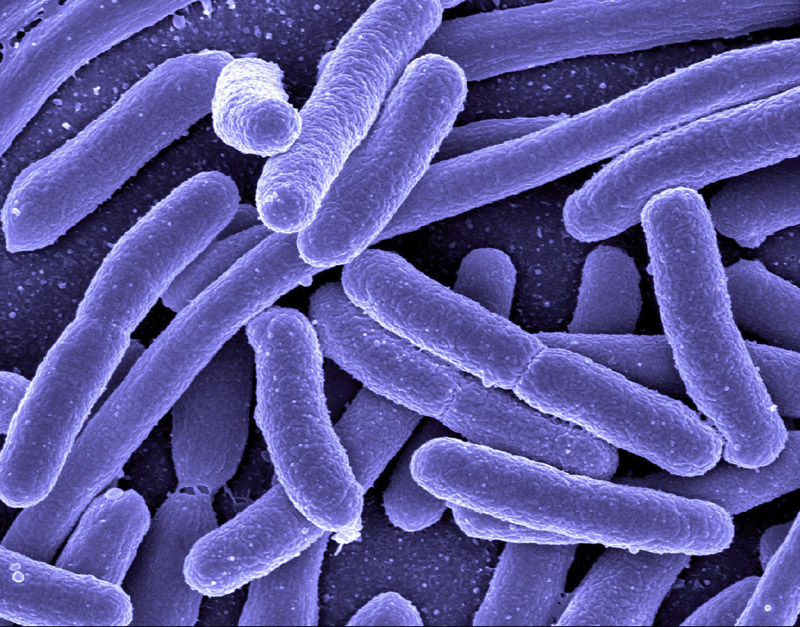AV: I remember an extensive study of the effectiveness of different therapies: the conclusion was that the success of the therapy was mainly due to the therapist’s conviction and belief in his method and the extent to which he was able to convey that to his patient. The method used turned out to be of secondary importance.
G: Isn’t that the answer to your question as to why every therapy works? Including all the different ways to do homeopathy?
AV: Aren’t there therapies that are better than others? Some require a lot of commitment, study, time and talent, while others only require a short and superficial education? Isn’t the success of the therapist directly proportional to his effort and abilities?
G: That effort and effort invested is likely to lead to more self-confidence and confidence in the method, which brings us back to the conclusion of the study. Capacities differ, that’s just the way it is. Some people are more suitable as therapists or have a healing assignment, which others do not. That does not depend on the study and was not addressed in the study. After all, have you not resolutely opted for a healing method that is very complex but with the promise of great possibilities, nothing for nothing, right? You didn’t shy away from the difficulty, on the contrary, but this doesn’t change the fact that you’ve been simplifying the system for years.
AV: That’s right. Even when the nearly-impossible was attractive at first, now I can’t see how such complexity can benefit a system. I continue to believe in its inestimable value, but it cannot be the intention that even well-trained and working homeopaths are left with a sense of insecurity and doubts. To cope with the overwhelming mass of data and methods, they often develop survival strategies: they limit themselves to one method, one school or one book. I understand them; people want something to hold on to.
What you just said is very relativizing: all therapies are equal and effective and their success is proportional to the commitment and conviction of the therapist. That would mean that the therapist is key; the essence that matters and not the right remedy we all so tirelessly seek.
G: I don’t think I’ve claimed that all therapies are equal and effective, of course there is a difference in quality. All therapies have the potential to heal, provided that a number of conditions are met. Commitment and conviction of the therapist are just two of those conditions.
AV: And the others are….?
G: Don’t you yourself have the conditions for the healing setting described in ‘Homeopathy: Strange, Rare and Peculiar’?
AV: That’s right. I’ll mention them again: in order to create a healing setting/environment, there are three actors that must meet certain conditions: the healer, the patient and the remedy.
The conditions that the healer must meet are the following: to have the intention of healing, to have sufficient knowledge and skills about the method he uses, to have a quiet mind, to be able to listen without prejudice, to have empathy and compassion and to have as much coherence as possible.
The patient must have the intention to heal, he must be curable, and it must be the right time for the patient to find the right healer who will give him the right remedy.
The drug must meet the following conditions: it must be ‘similar’ and given in the right potency at the right time.
If one of these three actors is missing, one does not have a healing environment: when there is no patient, it seems obvious, but when the ‘patient’ is also the healer, that is, when people take substances, you do not have a healing environment because there is no healer. Does this mean that the drug does not work? A lot of people – and especially many homeopaths – self-medicate. Sometimes the drugs work, sometimes they don’t and one of the reasons is the lack of one of the pillars in this healing interaction. It is very difficult, if not at all, to be objective with oneself, and so remedies chosen for symptoms will always treat a part of the whole. If that’s what we mean by ‘working’, then that’s certainly possible. But I make a distinction between having an ‘effect’ and curing. Almost everything has an effect: a listening ear, a cup of coffee, an Aspirin, a walk in the woods, a cake, a movie, endless possibilities. There are good and bad effects and of course we look for the good, pleasant and stimulating effects. But that’s not the same as what I call “healing”: a greater OK feeling from the core of one’s experience. Then not one symptom or another has disappeared, but the whole person experiences a great sense of well-being, energy and health.
G: That being said, what is the question?
AV: I wonder why, after this explanation, I still keep asking myself questions about the drug. After all, if the conditions for the patient and the healer are met, the remedy must still be correct. This implies that ‘finding the remedy’ remains the task, no matter how much confidence the healer has in his method.
G: Or how much confidence the healer has in his remedy. Do you understand how the healer plays an important role in that dynamic and that there is no such thing as a medicine, regular or homeopathic, that has the same effect on everyone in all circumstances? This has also been recognized in mainstream medicine. It is one of the reasons that all kinds of different applications of homeopathy work: the classics with a limited arsenal of polychrests as well as the modern homeopaths with their most strange and exotic remedies.
AV:… and the strangest of them all come from me: products like Cement and Saturn and Luteum and Caramel! Or don’t they come from me? Can you give me some clarification on that?







